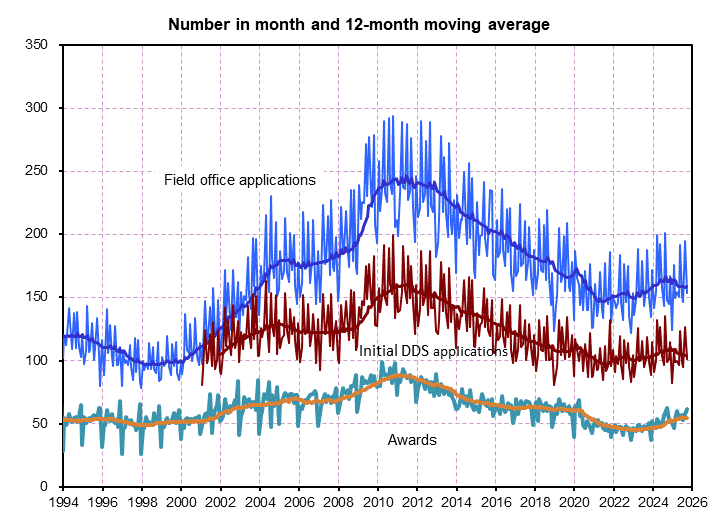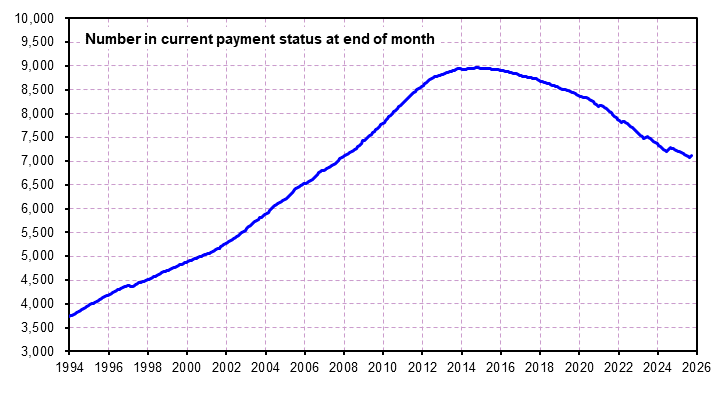The Cleveland Plain Dealer is running a piece with recommendations on how disabled people can improve their chances of being approved. I wish I could applaud it but I can't. Here are the recommendations they make that I have trouble with and my reasons for disagreeing:
- A Social Security attorney told them that claimants should print out the questions that Social Security will ask and decide how they'll answer them. I would say, no, just get on with it. Claimants don't need to be told to do this and that before filing a claim. They're already far too inclined to procrastinate. Persons with limited intellectual capacity who also suffer from mental illness file disability claims all the time with no advance preparation. Just get on with it.
- Another Social Security attorney recommended gathering your medical records before you apply. Again, this encourages procrastination. The average Social Security disability claimant has no idea how to gather their medical records or what to gather. As an example, it seems like half of my new clients tell me "I've got all my medical records." They're wrong. All they have are the billing sheets they were given when leaving their doctor's office. Those aren't medical records. They're just billing records which don't help in the least. Social Security and your attorney will gather the records. Just get the claim filed and hire an attorney. Almost everything else will be done for you.
- A third Social Security attorney recommends first getting your doctor on board with your disability claim. I'd rather have that support if possible but it's not essential. I'd say that anywhere from a third to half of my clients don't have that kind of support and I don't care that much. Some doctors think a person has to literally be a quadriplegic or in a persistent vegetative state in order to be disabled. Some think anyone who can't do their past work is disabled. Neither view is correct. Some claimants aren't able to get an opinion because they lack a steady relationship with a physician. Mental illness or poverty often put people in that kind of position. Some physicians tell their patients they'll help with a Social Security disability claim and then don't. I don't care. What's wrong with a person is more important than their physician's opinion. If you tell people they can't win without the help of their physician, you're telling a hell of a lot of very sick people to not file disability claims and that's wrong.




